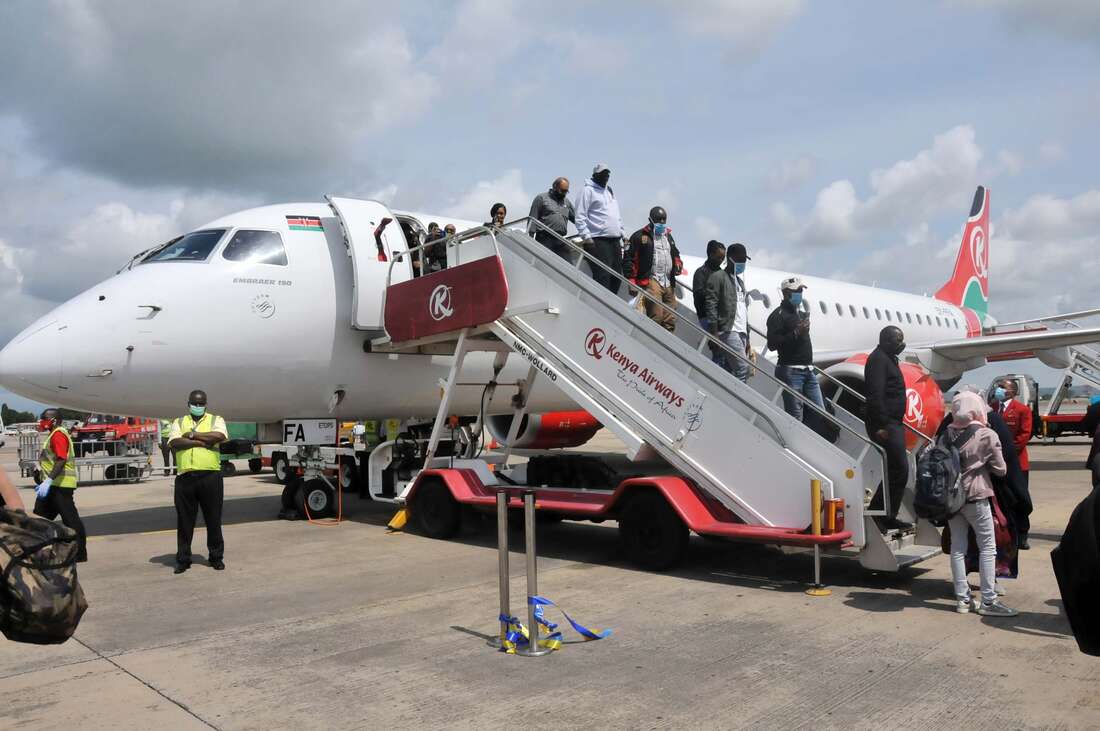Kenya Airways has more morning slots at the country’s airports for domestic flights than its rivals, giving it an unfair advantage in winning customers and setting ticket prices.
The Competition Authority of Kenya (CAK) says the national carrier and its wholly-owned subsidiary Jambojet are best placed to serve customers who mostly prefer morning flights for business or leisure travel.
“Landing and take-off time-slots have an effect on the average daily prices in the domestic market. Therefore, equitable allocation of time slots is essential for price competition,” the regulator said in a report under the auspices of the African Competition Forum (ACF).
“Jambojet and Kenya Airways have more morning slots in comparison to other players in the domestic market, which raises competition concerns.”
The regulator did not, however, say how many morning slots Kenya Airways and Jambojet have. The two airlines have a combined 36 percent market share of domestic flights.
Morning flights are the most popular among travellers and are sometimes priced higher by hundreds of shillings compared to other flights.
Most of the domestic flights originate or terminate at the Jomo Kenyatta International Airport (JKIA) where Jambojet and KQ, as the national carrier is known by its international code, operate from.
“In the domestic air commercial passenger market, the JKIA has the largest share with 32 percent domestic departures, 37 percent domestic arrivals, 94 percent international arrivals and 89 percent international departures,” the report says.
KQ and Jambojet’s rivals include Fly540, AirKenya, Slverstone Air and Skyward Express.
The cross-country airlines study by ACF found that KQ charges the highest fares on average for both domestic and international flights compared to other carriers operating in Africa.
KQ had higher fares on most routes where it has competition, though there are a few instances where its rivals charge more.“Kenya Airways has the highest average passenger price per kilometre (APPK) for all its domestic, regional and international routes,” the report by the ACF says.“In addition, the routes for the Tanzania markets from Nairobi have higher APPK than international routes, which are longer distances.”Kenya Airways’ average price per kilometre on the Nairobi-Johannesburg route, for instance, was Sh23.8 compared to Sh22 charged by South African Airways (SAA).The report found that many factors influence the setting of ticket prices including competition, government support and bilateral agreements.
